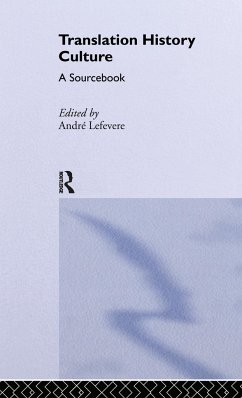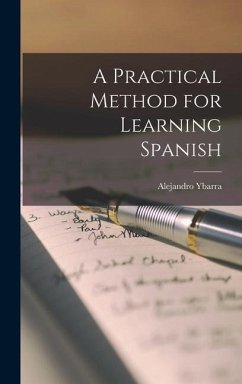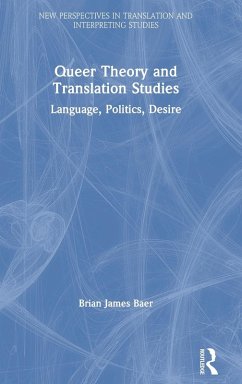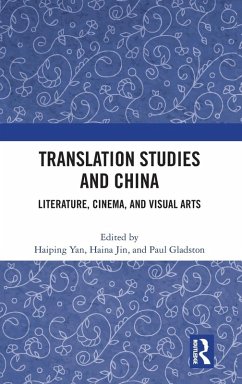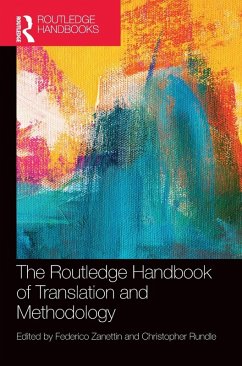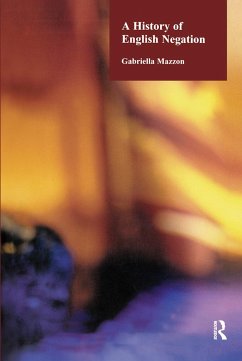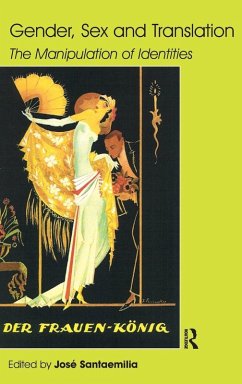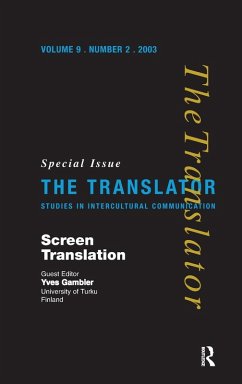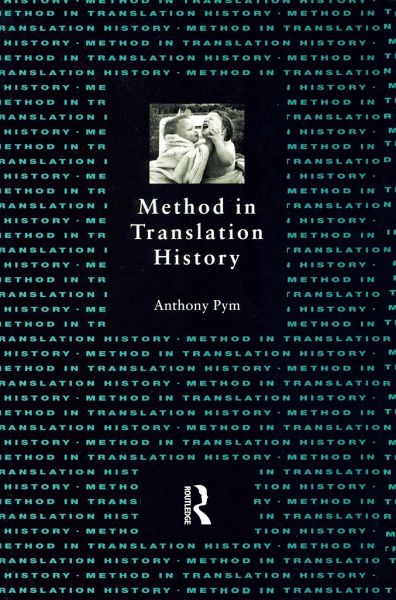
Method in Translation History
Versandkostenfrei!
Versandfertig in 1-2 Wochen
168,99 €
inkl. MwSt.
Weitere Ausgaben:

PAYBACK Punkte
84 °P sammeln!
Finding its focus in historical debates, this book cannot help but create contemporary debate: its arguments seek not only to revitalize the historical study of translation but also to develop the wider concerns of intercultural studies





